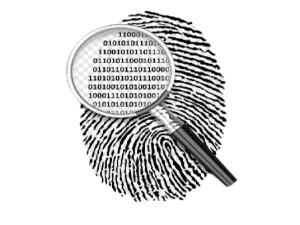Digital Forensic
Digital Forensic!
Digital forensics involves analyzing digital data to uncover evidence for legal proceedings.
It encompasses techniques like computer forensics, mobile device forensics, and network forensics.



Collect, Analyze and Report Digital Data Across All Enterprise Platforms to Detect and Prevent Crime
– Computer Forensics:
– Gather and preserve evidence from a particular computing device for presentation in court.
– Database Forensics:
– Apply investigative techniques to database contents and metadata.
– Mobile Device Forensics:
– Recover digital evidence from mobile devices under forensically sound conditions.
– Network Forensics:
– Monitor and analyze computer network traffic for information gathering, legal evidence, or intrusion detection.
Application of Digital Forensics in Cyber Incidents
– Digital forensics aids in recovery and investigation in the aftermath of cyber incidents.
– The process involves identifying, preserving, analyzing, and presenting digital evidence for legal proceedings.
Our Solutions
– We offer identification, preservation, collection, analysis, and reporting of evidence found on various devices or storage media.
Computer Forensics Process
– Analyze data within computer systems to determine what happened, how, when, and who was involved.
– Identify, collect, analyze, and preserve electronically stored information for future use as evidence.
Common Uses of Computer Forensics
– When corporate information is disclosed without permission.
– Intellectual property theft by employees.
– Violations of computer usage policies.
– Damage assessment after incidents.
– Investigation of white-collar crimes, industrial espionage, fraud, and other illegal activities.
Significance in Legal Cases
– Used to investigate crimes involving computers as the scene or evidence.
– Supports allegations or defenses in criminal and civil cases.
– Metadata analysis provides insights into file creation, editing, and usage.
Proper Handling of Evidence
– Acquire and handle evidence correctly for admissibility in court.
– Ensures evidence validity and supports legal proceedings effectively.
